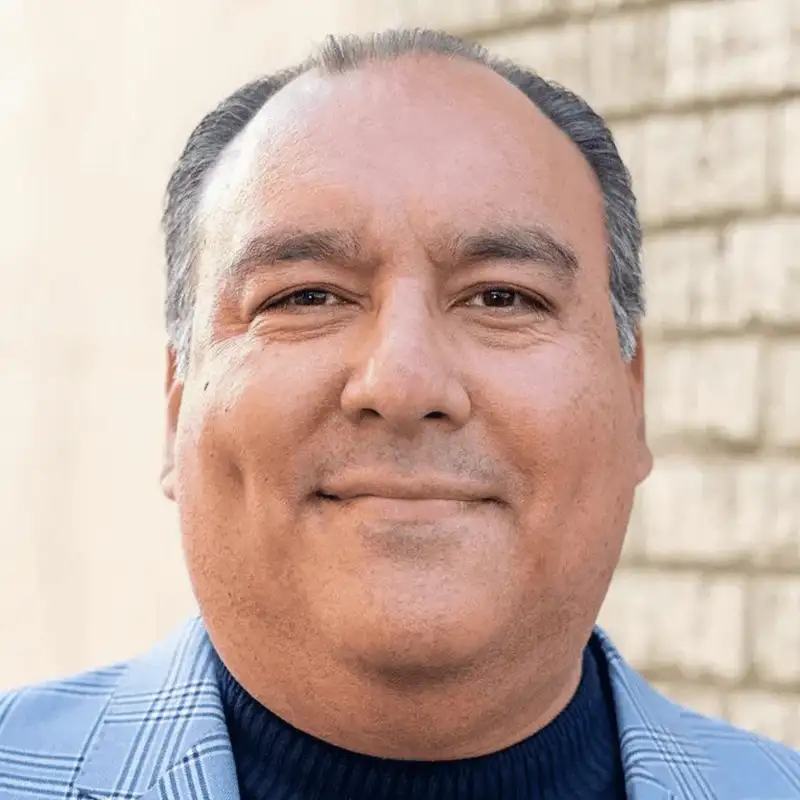Climate Resolve Series, Part 2, with Enrique Huerta on Extreme Heat Vulnerability
Download MP3In Part 2 of Flanigan’s Eco-Logic - Climate Resolve Series, Ted speaks with Enrique Huerta, Legislative Director at Climate Resolve. Enrique brings strong skills in policy analysis and collaboration-building to the organization, focusing on climate change, adaptation, and resilience to champion equitable climate solutions.
He has an undergraduate degree in Urban and Regional Planning and an advanced degree in Regenerative Studies from Cal Poly Pomona. Prior to joining Climate Resolve, Enrique helped pass several County measures and state propositions including Measures M, A and Proposition 68. Enrique also brings a wealth of experience advocating for historically marginalized communities through his work as a community green space organizer. He gained useful analytic tools assessing the interplay between local, regional and state policy while working as a city planner for the City of South Gate.
As the Legislative Director at Climate Resolve, Enrique forms strategic partnerships with other statewide organizations, cultivating relationships to move legislation. He is a master of building collaborations, doing the work on the ground, knocking on legislators’ doors, often with parties who have different agendae, bringing in potential coalition partners to the state capitol to advocate on behalf of extreme heat and the need to adapt to this rising threat.
He and Ted discuss Climate Resolve’s extreme heat bill, which is one of the few that actually looks to help marginalized communities adapt today and focuses on societal fixes. Enrique shares how his experience of community organizing opened his eyes to the resilience that lots of these communities have, and how community cohesion is already in place - and often women led.
He and Ted discuss Climate Resolve’s extreme heat bill, which is one of the few that actually looks to help marginalized communities adapt today and focuses on societal fixes. Enrique shares how his experience of community organizing opened his eyes to the resilience that lots of these communities have, and how community cohesion is already in place - and often women led.

